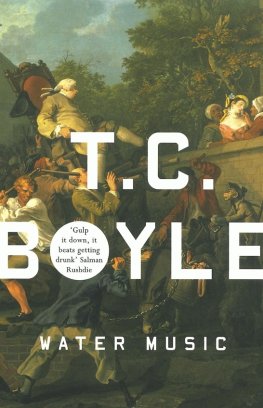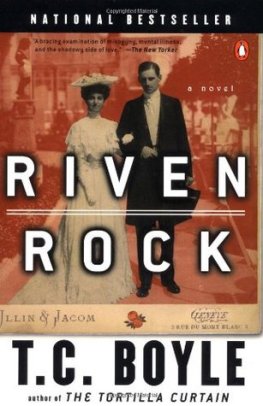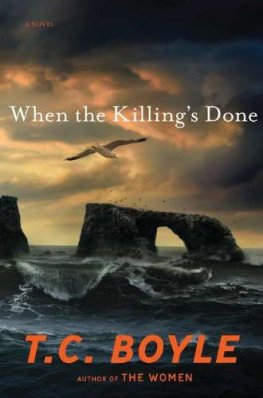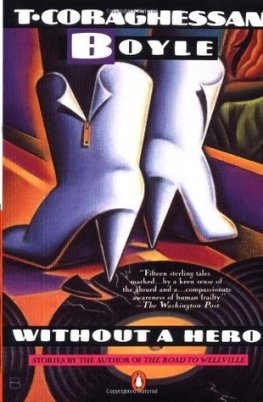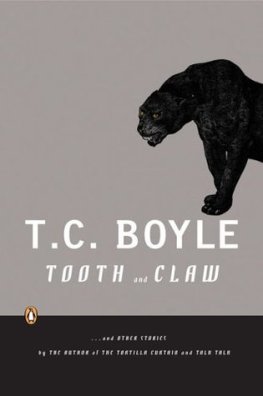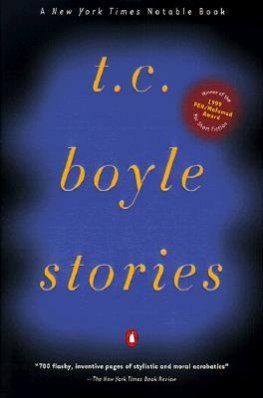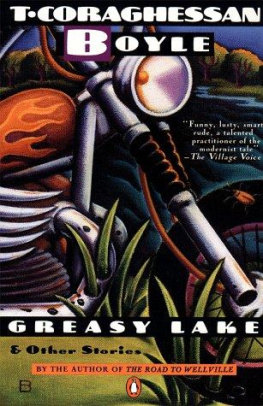This book is affectionately dedicated to the members of the
Raconteurs Club: Alan Arkawy, Gordon Baptiste, Neal
Friedman, Scott Friedman, Rob Jordan, Russell Timothy
Miller and David Needelman. It is also for you, K.K.
Listen natives of a dry place
from the harpists fingers
rain
W. S. MERWIN, The Old Boast
Soft White Underbelly, Ere Half My Days, Corrective Surgery, A.K.A. Katunga Oyo, Fatima, The Sahel, Tantalus, Laying It on the Line, Plantation Song and New Continents, Ancient Rivers first appeared, in slightly different form and under the title Mungo Among the Moors, in The Paris Review.
Naiad, Glegged, Diminishing Returns, Apostasy and Cold Feet first appeared under the title Patience in Antaeus.
Arise! and Leavening and O That Sinking Feeling first appeared under the title The Fall of Ned Rise in The Hawaii Review.
Not Twist, Not Copperfield, Not Fagin Himself first appeared in The Iowa Review.
Hegira first appeared in The North American Review.
Escape! and Dassouds Story and Escape! Cont. first appeared under the title Escape from the Moors in The Agni Review.
The author would like to thank the National Endowment for the Arts for their financial assistance in completing this book.
As the impetus behind Water Music is principally aesthetic rather than scholarly, Ive made use of the historical background because of the joy and fascination I find in it, and not out of a desire to scrupulously dramatize or reconstruct events that are a matter of record. I have been deliberately anachronistic, I have invented language and terminology, I have strayed from and expanded upon my original sources. Where historical fact proved a barrier to the exigencies of invention, I have, with full knowledge and clear conscience, reshaped it to fit my purposes.
TCB

Na, faith ye yet! yell no be right
Till yeve got on it
The vera tapmost, towring height
O Misss bonnet.
ROBERT BURNS To a Louse
At an age when most young Scotsmen were lifting skirts, plowing furrows and spreading seed, Mungo Park was displaying his bare buttocks to al-haj Ali Ibn Fatoudi, Emir of Ludamar. The year was 1795. George III was dabbing the walls of Windsor Castle with his own spittle, the Notables were botching things in France, Goya was deaf, De Quincey a depraved preadolescent. George Bryan Beau Brummell was smoothing down his first starched collar, young Ludwig van Beethoven, beetle-browed and twenty-four, was wowing them in Vienna with his Piano Concerto no. 2, and Ned Rise was drinking Strip-Me-Naked with Nan Punt and Sally Sebum at the Pig & Pox Tavern in Maiden Lane.
Ali was a Moor. He sat cross-legged on a damask pillow and scrutinized the pale puckered nates with the air of an epicure examining a fly in his vichyssoise. His voice was like sand. Turn over, he said. Mungo was a Scotsman. He knelt on a reed mat, trousers around his knees, and glanced over his shoulder at Ali. He was looking for the Niger River. Turn over, Ali repeated.
While the explorer was congenial and quick-to-please, his Arabic was somewhat sketchy. When he failed to respond a second time, Dassoud Alis henchman and human jackal stepped forward with a lash composed of the caudal appendages of half a dozen wildebeests. The tufted tails cut the air, beating on high like the wings of angels. The temperature outside Alis tent was 127 Fahrenheit. The tent was a warp-and-woof affair, constructed of thread spun from the hair of goats. Inside it was 112. The lash fell. Mungo turned over.
Here too he was white: white as sheets and blizzards. Ali and his circle were astonished all over again. His mother dipped him in milk, someone said. Count his fingers and toes! shouted another. Women and children crowded the tents entrance, goats bleated, camels coughed and coupled, someone was hawking figs. A hundred voices intertwined like a congeries of footpaths, walks, lowroads and highroads which one to take? and all in Arabic, mystifying, rapid, harsh, the language of the Prophet.
La-la-la-la-la! a woman shrieked. The others took it up, an excoriating falsetto. La-la-la-la-la! Mungos penis, also white, shrank into his body.
Beyond the blank wall of the tent was the camp at Benowm, Alis winter residence. Three hundred parched and blistered miles beyond that lay the north bank of the River Niger, a river no European had ever laid eyes upon. Not that Europeans werent interested. Herodotus was exercised about its course five centuries Before Christ. Big, he concluded. But tributary to the Nile. Al-Idrisi populated its banks with strange and mythical creatures the vermicular Strapfeet, who crawled rather than walked and spoke the language of serpents; the sphinx and the harpy; the manticore with its lions torso and scorpions tail and its nasty predilection for human flesh. Pliny the Elder painted the Niger gold and christened it black, and Alexanders scouts inflamed him with tales of the river of rivers where lords and ladies sat in gardens of lotus and drank from cups of hammered gold. And now, at the end of the Age of Enlightenment and the beginning of the Age of Imbursement, France wanted the Niger, Britain wanted it, Holland, Portugal and Denmark. According to the most recent and reliable information Ptolemys Geographythe Niger lay between Nigritia, land of the blacks, and the Great Desert. As it turned out, Ptolemy was right on target. But no one had yet been able to survive the sere blast of the Sahara or the rank fever belt of the Gambia to bear him out.
Then, in 1788, a group of distinguished geographers, botanists, philanderers and other seekers after the truth, met at the St. Albans Tavern, Pall Mall, to form the African Association. Their purpose was to open up Africa to exploration. North Africa was a piece of cake. They had it staked out, mapped, labeled, dissected and distributed by 1790. But West Africa remained a mystery. At the heart of the mystery was the Niger. In its inaugural year the Association commissioned an expedition headed by John Ledyard. He was to begin in Egypt, traverse the Sahara, and discover the course of the Niger. Ledyard was an American. He played the violin and suffered from strabismus. Hed been across the Pacific with Cook, into the Andes, through Siberia to Yakutsk on foot. Ive tramped the world under my feet, he said, laughed at fear, derided danger. Through hordes of savages, over parching deserts, the freezing north, the everlasting ice and stormy seas have I passed without harm. How good is my God! Two weeks after landing at Cairo he died of dysentery. Simon Lucas, Oriental interpreter for the Court of St. Jamess, was next. He landed at Tripoli, hiked a hundred miles into the desert, developed blisters, thirst and anxiety, and returned without accomplishing anything other than the expenditure of 1,250. And then there was Major Daniel Houghton. He was an Irishman, bankrupt, fifty-two years of age. He knew nothing of Africa whatever, but he came cheap. Ill do it for three hunnert pund, he said. And a case o Scots whisky. Houghton sallied up the Gambia in a dugout canoe, drank from fetid puddles and ate monkey meat, and through sheer grit and force of intoxication survived typhus, malaria, loiasis, leprosy and yellow fever. Unfortunately, the Moors of Ludamar stripped him naked and staked him out on the crest of a dune. Where he died.

